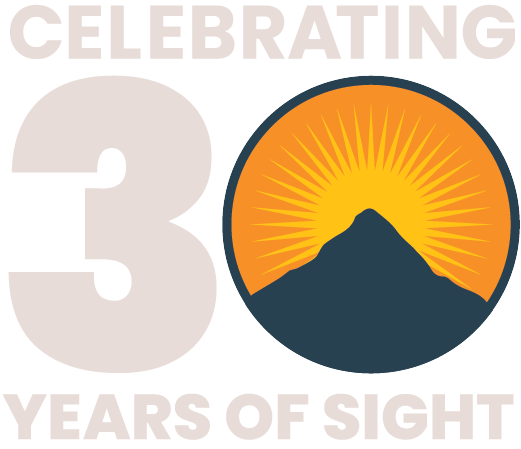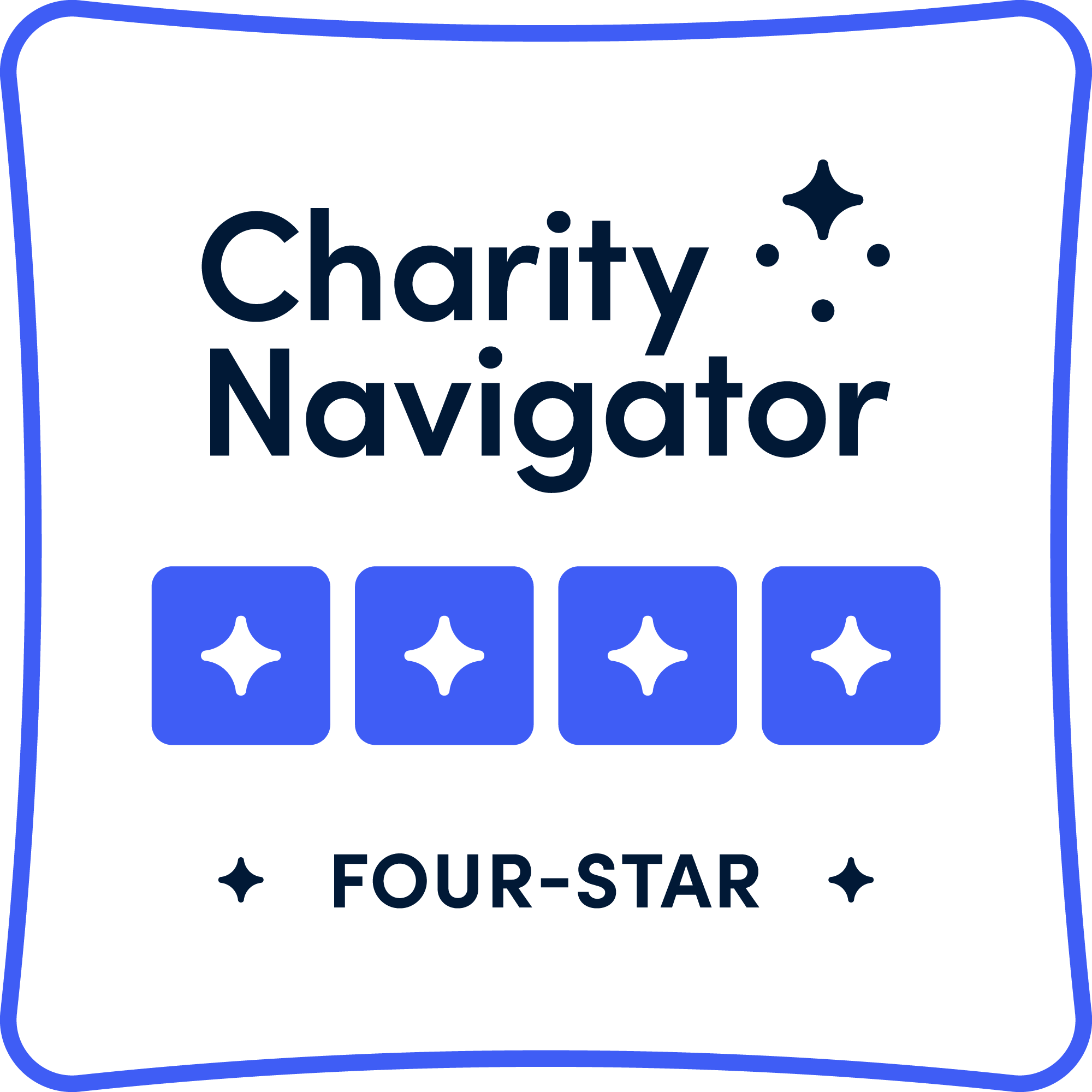HCP Co-Founder Wins Prestigious Alpine Award
No wonder HCP Cureblindness believes it can move mountains. Our co-founder showed us how with his dogged determination and unrelenting optimism to reach for the highest heights.
The American Alpine Club recently announced Honorary Membership, one of the highest awards the AAC offers, to HCP Co-founder Dr. Geoff Tabin. The award presentation will be part of the American Alpine Club’s annual gala to be held in late April.
The award is given to those individuals who have had a lasting and highly significant impact on the advancement of the climbing craft. The Award Committee recognizes Tabin’s “amazing climbing achievements, exemplary service to the community and a lifetime of noteworthy activities which reflect well on climbing.”
Geoff first started climbing at Devil's Lake, Wisconsin. He went to college at Yale University, where he explored the rock and ice climbs of the Northeast from New York, New Hampshire, and Vermont, in addition to trips out West. He joined the American Alpine Club in 1977.
He then went to Oxford University in England, where he and his climbing partner climbed the classic hard routes of the Alps. He received grants from the American Alpine Club and Oxford University to climb in Africa and Irian Jaya, Indonesia. They climbed the Ice Window route on Mt. Kenya and the first ascents of three long rock routes on the Mt. Kenya Massif, including the first free ascent of the Diamond Buttress on Mt. Kenya (V 5.11). In Indonesia, they climbed all five of the highest peaks in the Carstenz range, including the first ascent of the North Face of Puncak Jaya (Carstenz Pyramid). In 1983, Tabin was part of the American team that made the first ascent of the Kangshung East Face of Mt. Everest. In 1990, he became the 4th person to reach the top of all seven continents.
Along the way, he also completed first ascents of rock or ice routes on all seven continents, including the first ascents of five 6,000-meter peaks. Tabin attended Harvard Medical School, trained as an ophthalmologist, and then worked as an eye surgeon in Nepal. He established the Himalayan Cataract Project, which is dedicated to overcoming needless blindness through education, training, and establishing a sustaining infrastructure.

After returning to the United States, Tabin taught at both the University of Vermont and the University of Utah while spending three to four months per year working in Asia and Africa. He is currently the Fairweather Foundation Chair and Professor of ophthalmology and global medicine at Stanford University.
His accomplishments to both climbing and curing blindness embody his commitment to achieving the seemingly unachievable. In his own words, “Always dream of the impossible, then try!”




